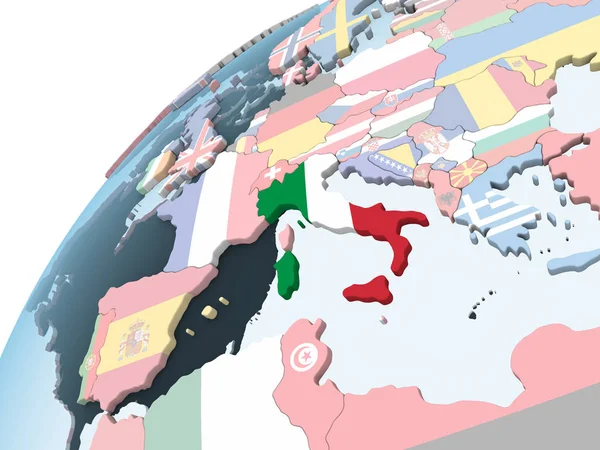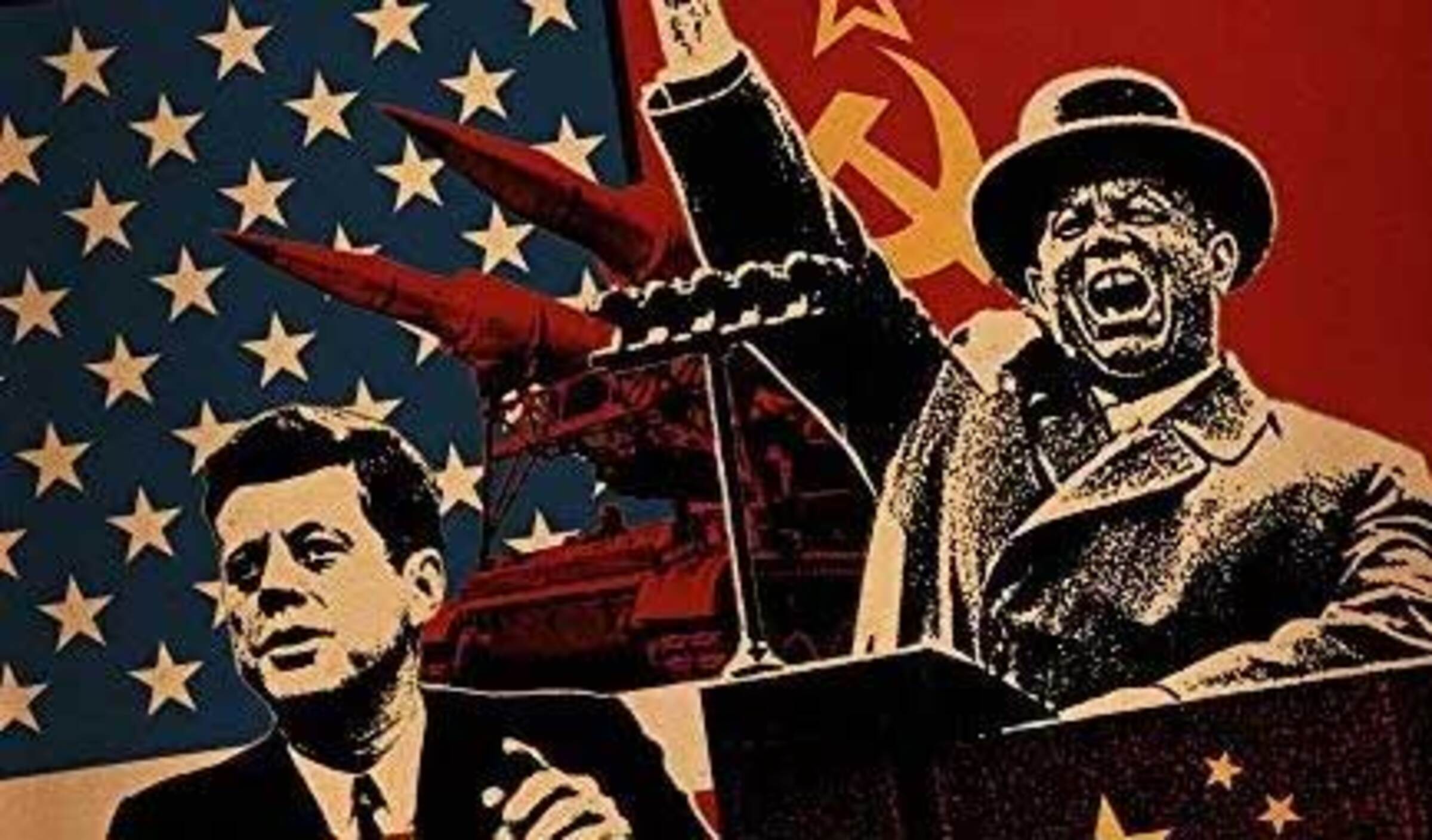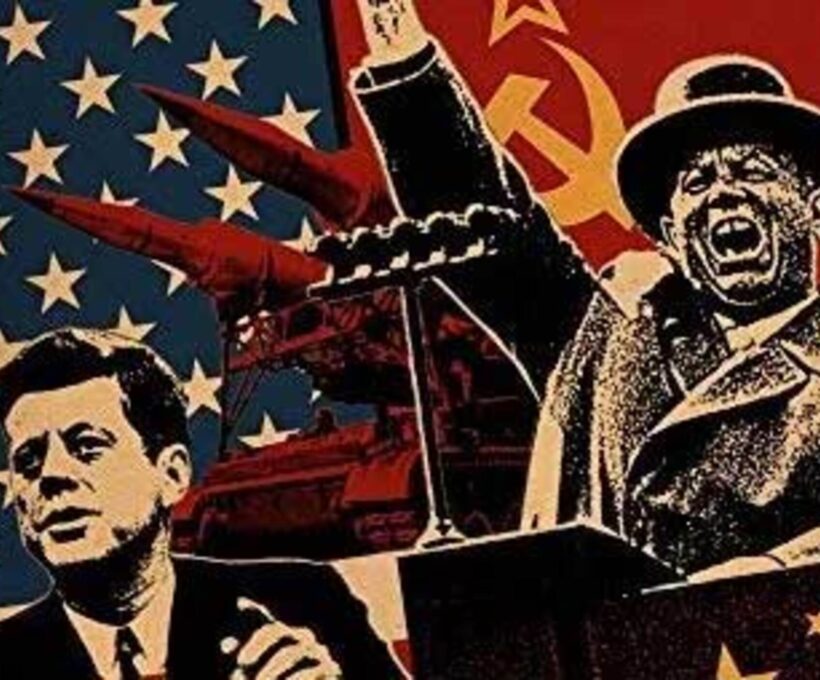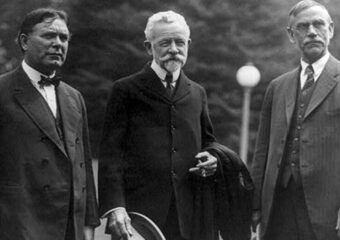The 20th century was a period marked by monumental shifts in power dynamics across the globe. Empires that had stood for centuries found themselves on shaky ground, while new powers emerged, reshaping international relations and global governance. This article delves into the rise and fall of empires during the 20th century, examining the factors that influenced these dramatic changes, from world wars and economic crises to decolonization and the Cold War.
The Emergence of New Powers in the Early 20th Century
At the dawn of the 20th century, the global landscape was dominated by established empires, such as the British Empire, the Austro-Hungarian Empire, and the Ottoman Empire. However, the increasing industrialization and modernization of nations like the United States and Germany heralded the emergence of new powers. The competition for resources, markets, and territories intensified, giving rise to nationalism and a spirit of militarism.
The industrial capacity of the United States, combined with its vast natural resources and technological advancements, positioned it as an imminent global player. Meanwhile, Germany’s rapid industrial growth and ambitions for imperial expansion led to heightened tensions in Europe. This period also saw Japan transforming from a feudal society into a formidable industrial power, marked by its victory in the Russo-Japanese War (1904-1905).
Against this backdrop of emerging powers, longstanding empires struggled to maintain their influence. The Ottoman Empire, often referred to as the “sick man of Europe,” faced internal dissent and external pressures that threatened its territorial integrity. The Austro-Hungarian Empire was similarly challenged by rising nationalist movements within its diverse population.
This shift in power dynamics set the stage for conflict. The assassination of Archduke Franz Ferdinand in 1914 triggered World War I, a conflict that would not only reshape national boundaries but also dismantle several empires. The war’s aftermath saw significant political changes, including the abdication of monarchs and the establishment of new nation-states.
| Empire | Rise | Fall |
|---|---|---|
| British Empire | – Dominated global trade | – WWII economic strains |
| – Vast colonial holdings | – Rise of independence movements | |
| – Industrial and technological superiority | – Loss of colonies post-1945 | |
| Ottoman Empire | – Control over key trade routes | – Defeated in WWI |
| – Multi-ethnic and multi-religious structure | – Partitioning by Allied Powers | |
| – Strategic location between Europe and Asia | – Nationalist movements in former territories | |
| French Empire | – Colonial expansion in Africa and Asia | – WWII occupation and weakening influences |
| – Cultural prestige through “civilizing mission” | – Loss of Indochina and Algeria | |
| – Economic exploitation of colonies | – Rise of independence and anti-colonial sentiments |
The early 20th century was thus characterized by a transition from traditional empires to emerging powers, laying the groundwork for the geopolitical landscape of modernity. The consequences of these shifts would resonate well into the latter half of the century, ultimately leading to a reconfiguration of global power structures.
The seeds of change were sown, and the stage was set for a century that would witness unprecedented upheaval and transformation, as the world’s empires faced the forces of revolution, war, and decolonization.
World Wars: Catalyst for Change in Global Dominance
World War I marked a significant turning point, as it shattered the longstanding empires of Europe. The war not only redefined borders but also led to the collapse of the Austro-Hungarian, Ottoman, German, and Russian Empires. The Treaty of Versailles in 1919 imposed severe reparations on Germany and redrew the map of Europe, creating a host of new nations at the expense of the empires.
The interwar years were characterized by instability and economic hardship, culminating in the rise of totalitarian regimes. The failure of the League of Nations to maintain peace and resolve conflicts illustrated the limitations of the post-World War I order. The world was ill-prepared for the onset of World War II in 1939, which would have even more far-reaching consequences.
World War II transformed the landscape of global power dynamics. The United States emerged from the conflict as a dominant world power, having played a decisive role in defeating the Axis powers. Meanwhile, the Soviet Union expanded its influence across Eastern Europe, establishing a sphere of control that would define the Cold War era.

The devastation wrought by the war weakened European powers, particularly the British and French empires, which struggled to maintain their colonies in the aftermath of the conflict. The economic burden of war and the growing sentiment against colonialism prompted a reevaluation of imperial ambitions.
The war also led to the establishment of international organizations such as the United Nations, aimed at fostering cooperation and preventing future conflicts. These developments marked a significant shift in how power was conceptualized and exercised on a global scale.
In essence, the two world wars acted as catalysts for profound change, dismantling empires and paving the way for the emergence of new powers while fundamentally altering the course of history.
Decolonization: The End of Colonial Empires
The post-World War II era witnessed an unprecedented wave of decolonization, as former colonies sought independence from their European rulers. The weakening of imperial powers, combined with a global movement toward self-determination, ignited a fervor for independence across Africa, Asia, and the Caribbean.
India’s independence in 1947 served as a powerful symbol of the decolonization movement, inspiring other nations to follow suit. The Indian National Congress, led by figures like Mahatma Gandhi, employed non-violent resistance, which became a model for anti-colonial movements worldwide.
Africa, too, saw a surge in independence movements during the 1950s and 1960s. Leaders such as Kwame Nkrumah in Ghana and Julius Nyerere in Tanzania became emblematic of the struggle against colonial rule. The decolonization process was often tumultuous, with some nations experiencing violent struggles for independence, while others achieved it through negotiations.
The collapse of colonial empires was not without challenges. Newly independent nations grappled with issues of governance, ethnic conflicts, and economic instability. The legacy of colonialism left many countries struggling to forge national identities amidst diverse populations.
As colonial powers withdrew, they often left behind power vacuums, leading to conflicts and struggles for dominance among local factions. The partition of India and Pakistan, for instance, brought about large-scale violence and displacement, highlighting the complexities inherent in the decolonization process.
Ultimately, the wave of decolonization marked the end of an era characterized by imperial domination and laid the foundation for a new world order defined by sovereign nations, albeit with ongoing challenges that continue to resonate today.
The Cold War Era: Superpower Rivalries and Influence
The Cold War, spanning from the late 1940s to the early 1990s, was defined by the ideological and political rivalry between two superpowers: the United States and the Soviet Union. This period was marked by a struggle for global influence, as both nations sought to expand their spheres of influence and counter each other’s ideological reach.
The aftermath of World War II set the stage for the Cold War, with Europe divided into Eastern and Western blocs. While the United States promoted democracy and capitalism, the Soviet Union championed communism. This ideological divide manifested in proxy wars, arms races, and the establishment of military alliances such as NATO and the Warsaw Pact.
Decolonization further complicated the Cold War dynamic, as newly independent nations often found themselves caught in the crossfire of superpower competition. Both the U.S. and the USSR sought to win the allegiance of these nations, offering military, economic, and political support in exchange for loyalty. This led to conflicts such as the Korean War and the Vietnam War, where local struggles were intertwined with global rivalries.
The Cold War era also saw the rise of non-aligned movements, as countries sought to carve out an independent path free from the influence of either superpower. Leaders like India’s Jawaharlal Nehru and Egypt’s Gamal Abdel Nasser advocated for a third way, emphasizing cooperation and mutual respect among nations.
The ideological conflict extended beyond military confrontations; it also permeated culture, science, and technology. The space race epitomized this competition, culminating in the Soviet Union’s launch of Sputnik in 1957 and the United States’ Apollo moon landing in 1969.
As the Cold War drew to a close, the collapse of the Soviet Union in 1991 marked the end of an era. The rivalry that had defined global politics for decades gave way to a unipolar world dominated by the United States, altering the landscape of international relations and the balance of power.
Economic Crises: Decline of Established Empires
Economic crises in the 20th century played a significant role in the decline of established empires. The Great Depression of the 1930s had a profound impact on global economies and political systems, undermining the stability of many nations. As economies faltered, public discontent grew, leading to the rise of extremist ideologies and movements.
The British Empire, once the world’s foremost superpower, faced severe economic challenges during and after World War II. The financial burden of the war effort strained the British economy, leading to a loss of colonies and a reevaluation of imperial ambitions. The decolonization process accelerated as colonies demanded independence, recognizing Britain’s weakened position.
Similarly, the decline of the French Empire became evident in the aftermath of World War II. France struggled to maintain its colonial possessions in Indochina and Algeria, facing fierce resistance from national liberation movements. The costly conflicts drained resources and contributed to France’s eventual withdrawal from its colonies.
The Soviet Union, initially perceived as an economic powerhouse, faced its share of challenges. Inefficient central planning, military expenditures, and stagnation led to economic decline and social unrest. The inability to provide for its citizens contributed to the eventual dissolution of the Soviet Empire in the early 1990s.
Economic crises often had ripple effects, influencing global power dynamics and shifting alliances. The emergence of new economic powers, particularly in Asia, began to challenge the dominance of traditional empires. Countries like Japan and later the “Asian Tigers” (South Korea, Taiwan, Hong Kong, and Singapore) demonstrated rapid economic growth, reshaping the global economic landscape.
In summary, economic challenges were critical factors in the decline of established empires throughout the 20th century. The interplay of economic pressures, political instability, and social movements fundamentally altered the balance of power and redefined global relations.
Lessons Learned: The Legacy of 20th Century Empires
The rise and fall of empires in the 20th century offer






‘Sick man of Europe’ is a strong phrase about the Ottoman Empire’s decline. It really shows how bad things got.
This article shows how the world changed a lot in the 20th century. The old empires had to give way to new powers.
‘Proxy wars’ and ‘arms races’ are big terms, but they explain why so many conflicts happened during the Cold War.
The mention of decolonization is important. Many nations fought hard for their independence, like India.
I learned that economic problems played a big role in making empires weaker. It’s sad but true.
‘Decolonization’ was vital for many nations, yet it came with challenges like conflicts and identity issues.
‘Economic crises’ made things worse for empires, leading them to lose colonies and power. Very informative!
It’s interesting to see how wars affected the power of countries. World War I and II really reshaped the map.
‘New powers emerged’ is key to understanding this era. Countries like Germany and Japan changed everything.
The article explains the Cold War well. It was a tough time with two superpowers trying to dominate.